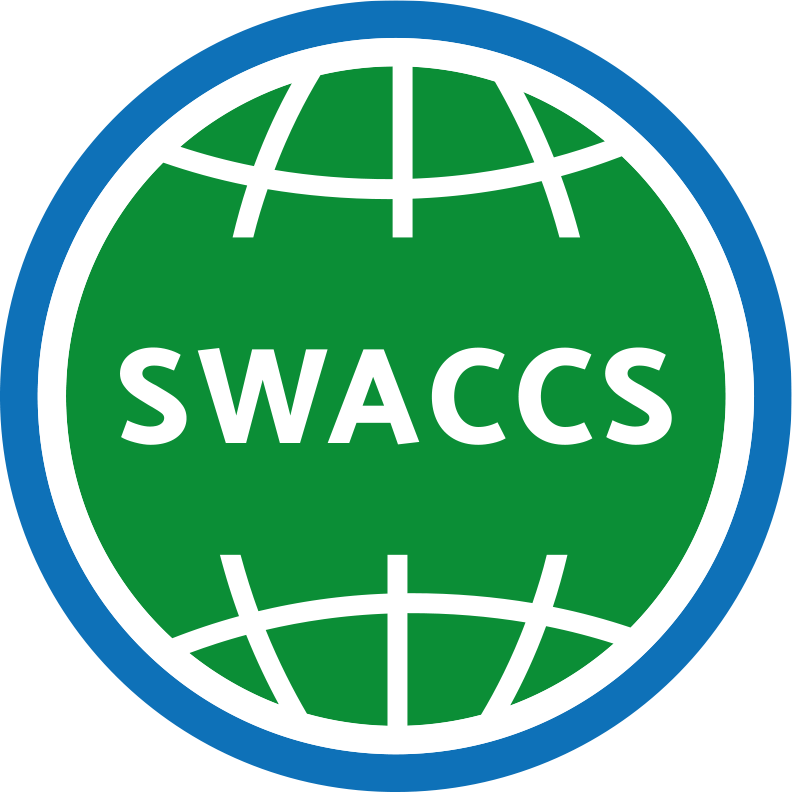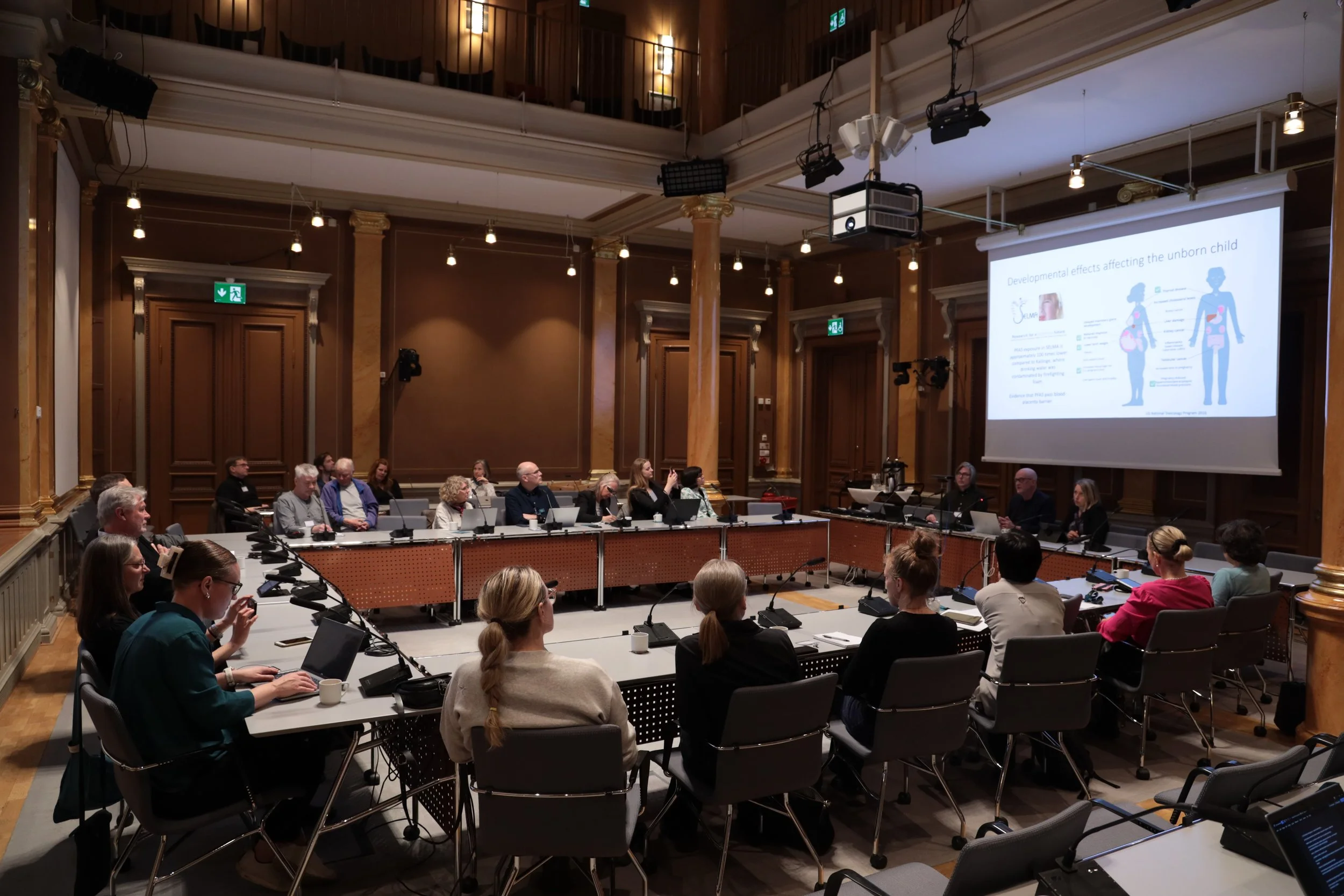14 maj 2025 - Riksdagsseminarium om hur vi får stopp på evighetskemikalierna PFAS
Användningen av PFAS-kemikalier är en av de största miljöskandalerna i modern tid. Dessa ämnen bryts mycket långsamt ner i naturen och kommer därför att finnas kvar i både människor och miljö under överskådlig framtid – med allvarliga konsekvenser för kommande generationer.
Mot denna bakgrund arrangerades den 14 maj 2025 ett riksdagsseminarium under ledning av Jytte Guteland (S). Seminariet var ett samarbete mellan politiker från Socialdemokraterna och Moderaterna samt det vetenskapliga nätverket SWACCS (Swedish Academic Consortium on Chemical Safety).
Från SWACCS deltog professor Carl-Gustaf Bornehag, som gav en inledande presentation om PFAS-problematikens omfattning, med särskilt fokus på hälsorisker. Därefter presenterade journalisterna Daniel Värjö (Sveriges Radio) och Stéphane Horel (Le Monde) sina slutsatser från The Forever Pollution Project – ett banbrytande gränsöverskridande och tvärvetenskapligt samarbete där journalister och experter tillsammans kartlagt omfattningen av PFAS-föroreningar i Europa.
Projektet hade även som mål att kritiskt granska de argument som kemi- och plastindustrins lobbyorganisationer använder för att förhindra ett EU-förbud mot dessa så kallade "evighetskemikalier".
Seminariet avslutades med en engagerad diskussion mellan deltagarna och föredragshållarna.

